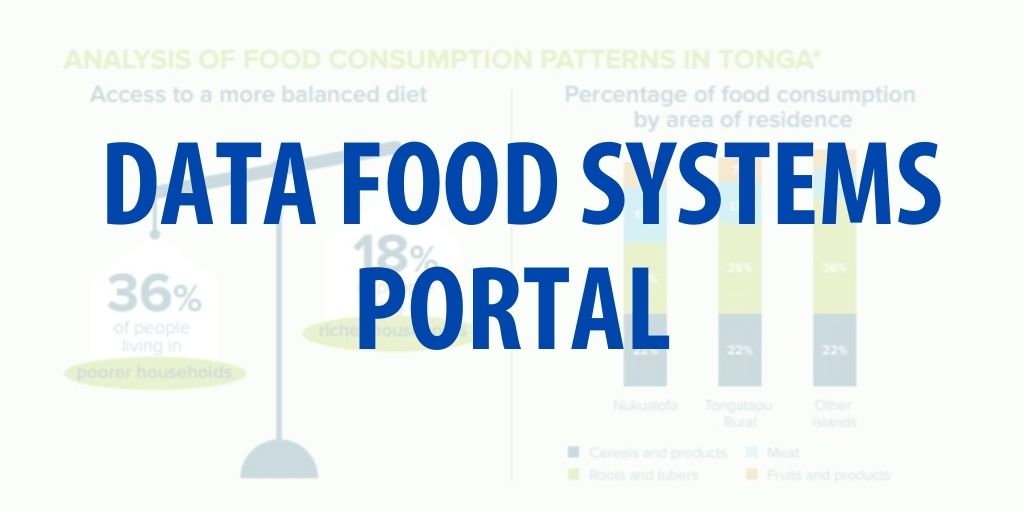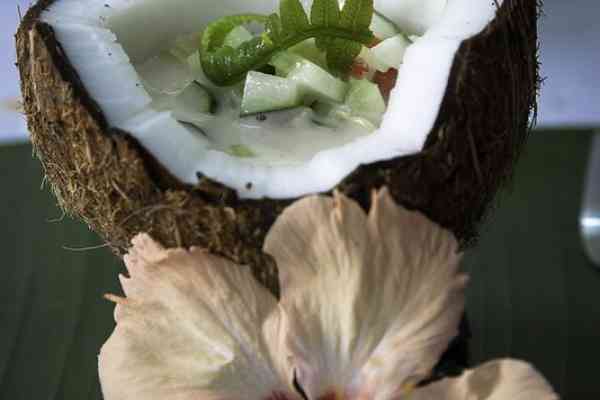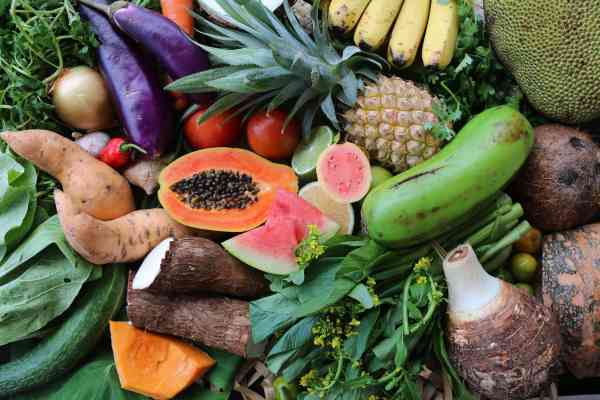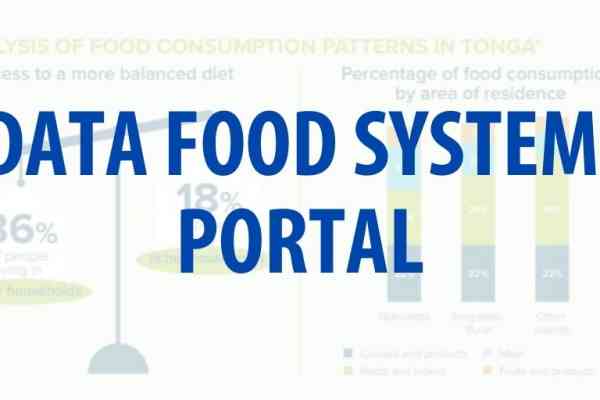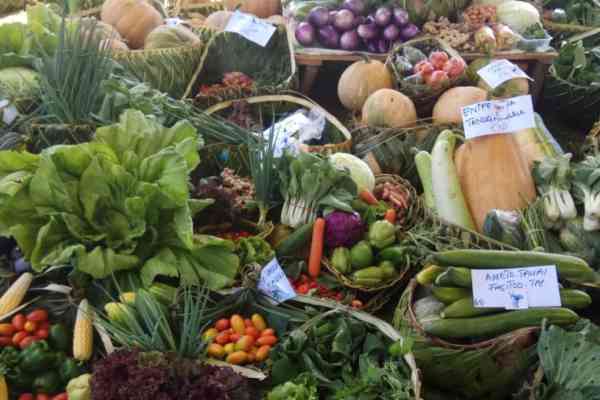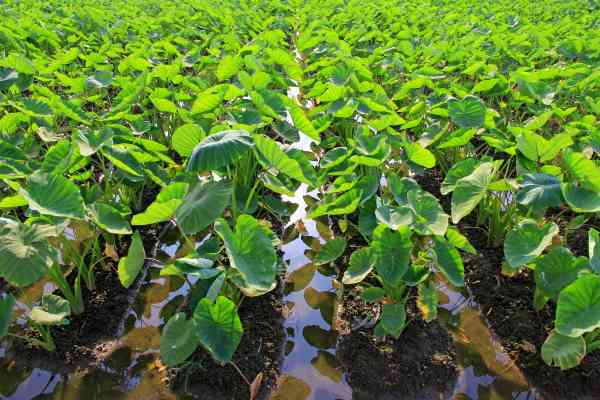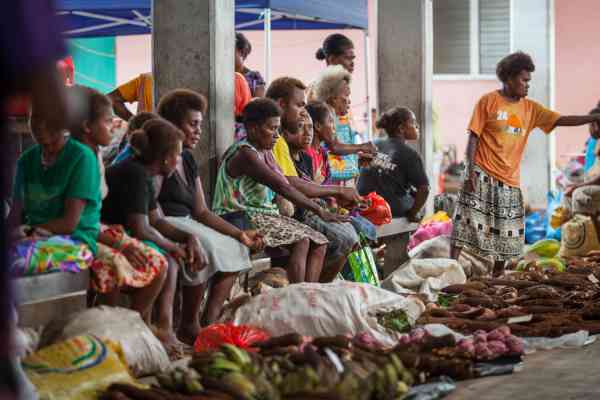Les aliments et systèmes alimentaires du Pacifique joueront un rôle majeur pour aider la région et la planète à se relever et à renaître après la crise de la COVID-19, mais aussi dans la santé, la résilience et la prospérité à long terme des Océaniens.
Le premier Sommet des Nations Unies sur les systèmes alimentaires, organisé le 23 septembre 2021, constitue une occasion pour les pays océaniens de se faire entendre et de communiquer sur la contribution de la région aux systèmes alimentaires mondiaux, notamment grâce à des solutions transformatrices ancrées dans la culture, le savoir et l’innovation. L’océan se trouve au cœur du système alimentaire océanien, mais les communautés sont en première ligne des effets du changement climatique qui aggravent des problèmes existants tels que la crise des MNT et leur forte dépendance envers les importations de produits alimentaires.
Les pays océaniens ont abordé ces difficultés lors d’une série de concertations nationales et régionales en amont du Sommet. Les solutions novatrices évoquées présentent des orientations et des avancées essentielles qui garantiront que tous les habitants de la région sont bien nourris et profitent de manière équitable du système alimentaire mondial.
Les actions collaboratives du Pacifique présentées lors du Sommet figurent ci-dessous, notamment quatre vidéos offrant un bref aperçu d’une journée auprès de maillons du système alimentaire océanien, à travers le point de vue de communautés des Tonga.
(suite du contenu disponible en anglais uniquement)
Why Pacific food systems matter
The Pacific, the world’s largest ocean, plays a critical role in the global food system, for example providing a majority of the world’s tuna. However, non-communicable diseases (NCDs) are still the leading cause of death in many Pacific countries, accounting for 60-75 percent of premature morbidity. As Pacific communities modernize, they also continue to use traditional and Indigenous knowledge to sustainably manage food from the land and ocean. While the region helps feed the world through traditional ties and agriculture and fishing methods, modern trends increasingly threaten its food systems at home.
These threats are intensifying due to climate change and unforeseen shocks, such as the recent COVID-19 pandemic. Investing in more equitable and nutritious food systems in the Pacific will help communities address NCDs, climate change and other shocks and to ensure a food system that is fair, forward-thinking and resilient – and will be able ot feed people and provide for their livelihoods and health for generations to come. Expansive Pacific food system outcomes will also contribute to better global diets beyond the region, providing sustenance and knowledge and advancing the United Nations Sustainable Development Goals.
What do we need to do to advance Pacific food systems?
The Pacific is a large region with small and exceedingly diverse countries. Bringing these countries together for collaboration to solve the region’s food systems challenges is the first step. SPC and its partners have been hosting a series of Pacific-wide dialogues that look both to tradition and innovation in cultivating game-changing solutions for more resilient food systems.
The dialogues and related activities have suggested five action tracks in order to step forward: ensure access to safe and nutritious food for all, shift to sustainable consumption patterns, boost nature-positive production, advance equitable livelihoods and build resilience to vulnerabilities, shocks and stress. Taken together, these five actions will ensure Pacific food systems provide for Pacific peoples and beyond. This will take more than collaborative spirit – resources from both within and outside the region will need to be mobilized, along with applied knowledge that is adaptable to the Pacific context. The United Nations first Food Systems Summit, held in September 2021 is an opportunity advance the Pacific unique food systems ecosystem while also bringing world food conversations into the region to foster growth and innovation. Indigenous projects based on community and the replanting of lost traditions that provided for people for generations are already sprouting across the region. Supporting these endeavors are a vital key to the vitality of current and future food systems.

